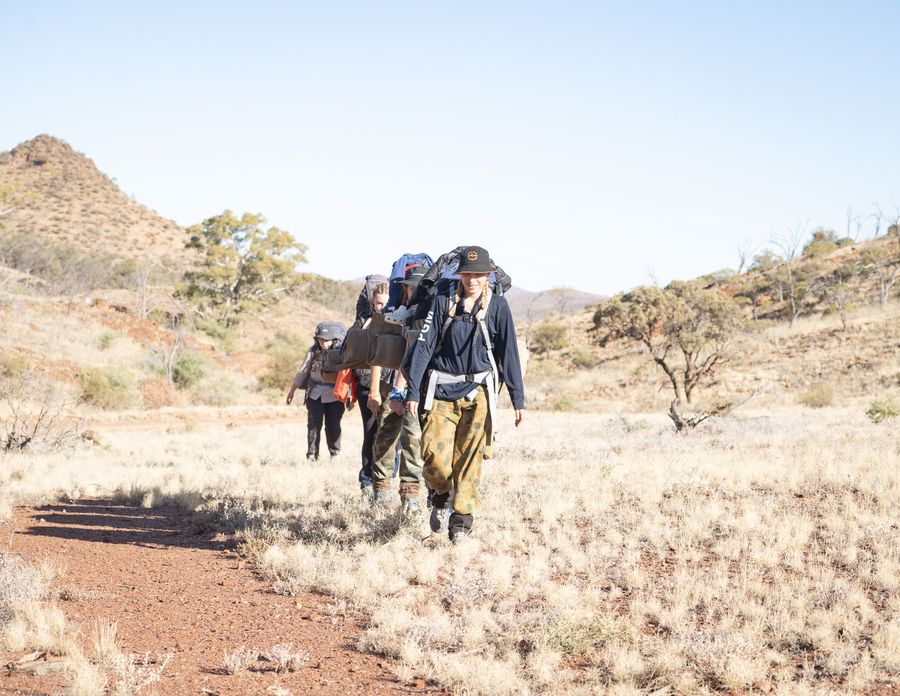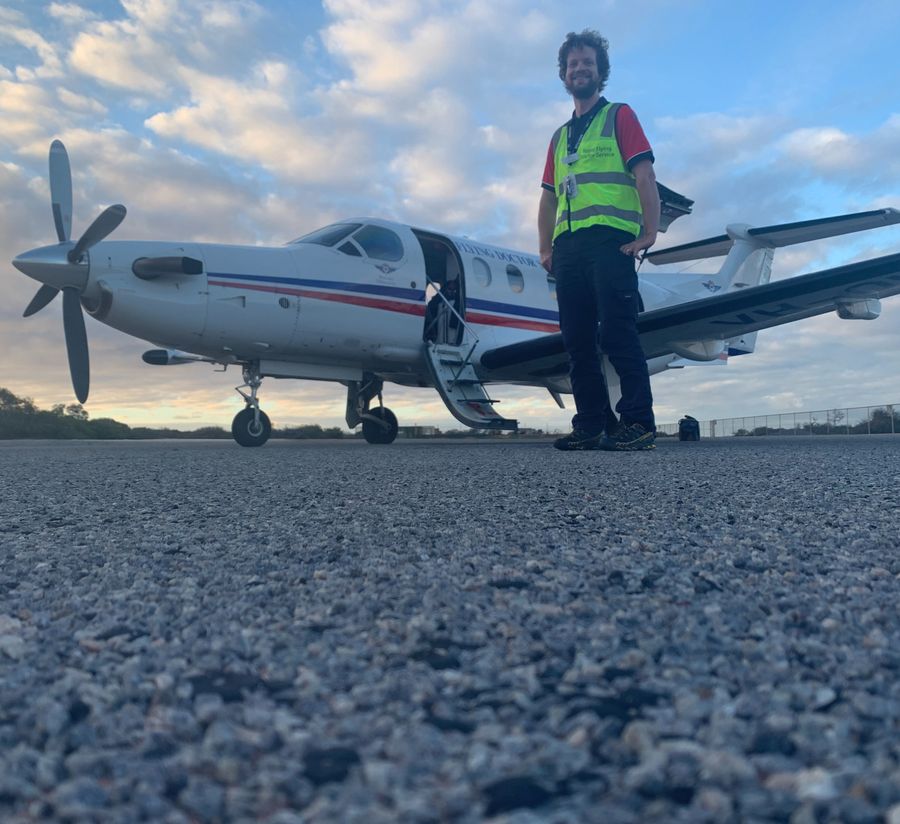

As the warmer weather kicks in and another snake season rolls around, many of us start to re-consider our 'love/hate' relationship with snakes! For people living in rural and remote regions or for those who travel around regional and outback Australia regularly, the thought of being bitten by a snake in a remote location or with no mobile reception is a confronting prospect. But while snake bite research and treatment is an ongoing and evolving field, it's comforting to know that experts like RFDS researcher Dr Hamish Bradley are keeping a very close eye on just how stay 'snake safe' we all are this summer. In this slippery episode #111 of the Flying Doctor Podcast, Hamish outlines some important 'do's and don'ts' when it comes to a suspected snake bite or encounter. But be warned! There's enough RFDS snake stories in this episode to stop you in your tracks!

Dr Hamish is an Adjunct Lecturer, Anaesthetist and Aeromedical Retrieval Specialist and he's pretty passionate about snake safety. The RFDS would also like to remind everyone to always wear suitable footwear, always carry an emergency contact device or EPIRB and to immediately apply a snake bandage to any suspected bite - even if you believe it's a dry bite. And as you'll hear in our range of RFDS patient stories, it's also essential to monitor any suspected snake bite patient for symptoms and to seek emergency assistance as soon as a snake bite is suspected. Over a one-year period (as part of a larger, three-year study) the RFDS (Western Operations) found that 85 people from regional, rural, remote and very remote Western Australia were flown by Royal Flying Doctor Service to hospital for suspected or confirmed snake bites. While only five of these patients (6%) ultimately received a toxicologist’s diagnosis of envenomation, the research showed just how challenging a remote or regional 'suspected snake bite' scenario can be. So make sure you WATCH YOUR STEP this snake season and always be prepared!

